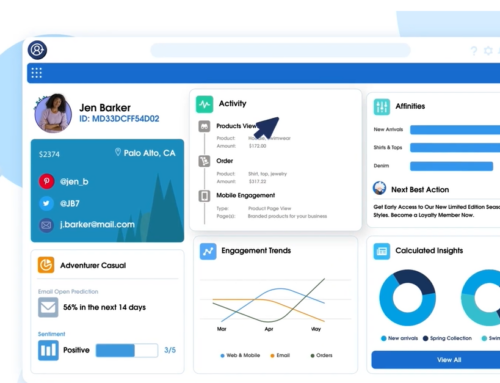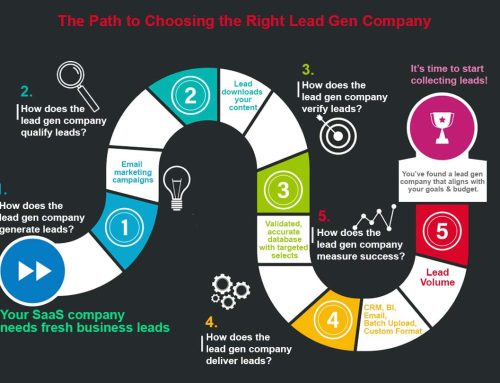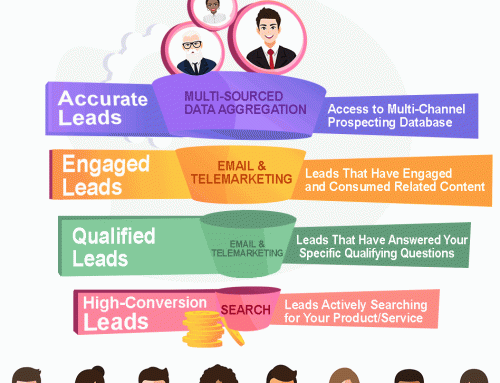Ancient Greek philosophers were brilliant enough that we’re still reading them today, but were they smart enough to outline what email marketers should study? In a way, yes. We think of email marketing and automation as distinctly 21st century phenomena, but they’re built on principles as old as communication itself. Here’s what Aristotle has to say about building a better email lead generation program.
Authority
What Aristotle and his contemporaries referred to as “ethos,” authority is an essential element of any content-based marketing strategy. Before they read your business email, leads must know that you’re giving them relevant, accurate information. Establishing your industry knowledge with quality content in your newsletters, regular blog posts, and downloadable content builds trust in your prospects and makes your marketing message more persuasive.
Your email recipients aren’t the only ones who expect credibility and reliability. Authority also refers to the trust email service providers put in your mailing methods. Working from clean, accurate prospecting databases ensures that your lead gen email program meets ESPs’ standards.
Emotion
We still use the word “pathos” to describe emotional appeal today, and it’s the term the Greeks used to refer to emotional persuasion. Some commercial products are sold almost exclusively on their emotional impact, but B2B marketers also need to pay attention to the way their marketing messages make prospects feel. Generally, you’ll highlight positive emotions, such as highlighting what your organization’s doing for its clients or how your customer service gives buyers the support they need, but other emotions can also be powerfully persuasive. Few prospects want to take unnecessary risks or be left out of the next leap forward in technology; gentle reminders of what could happen if they choose not to act are sometimes good motivators.
Reason
What Greek philosophers called “logos,” we call an appeal to reason. (You’ll recognize the word as the root of “logical.”) Facts, figures, and statistics are especially persuasive to B2B leads, many of whom make consensus decisions and want to have something concrete to show other decision-makers who are part of the process. Appeals to reason can also resonate with readers emotionally, such as in a narrative or testimonial, so think of ways to put facts and figures into a broader context to make them even more persuasive.
If Aristotle were around today, he might be baffled by the speed and scope of modern communication. Once he got the hang of it, though, he’d find something deeply familiar about the most effective marketing messages.
© Reach Marketing LLC 2017 All Rights Reserved.






